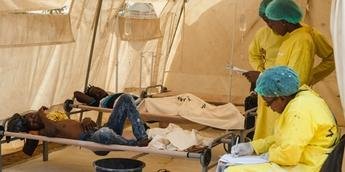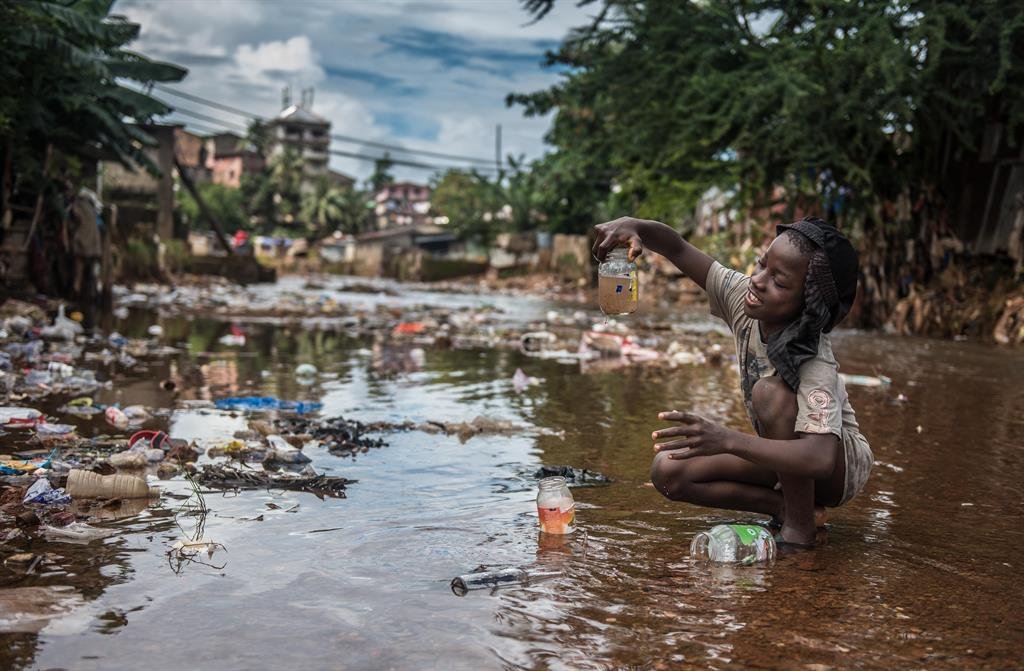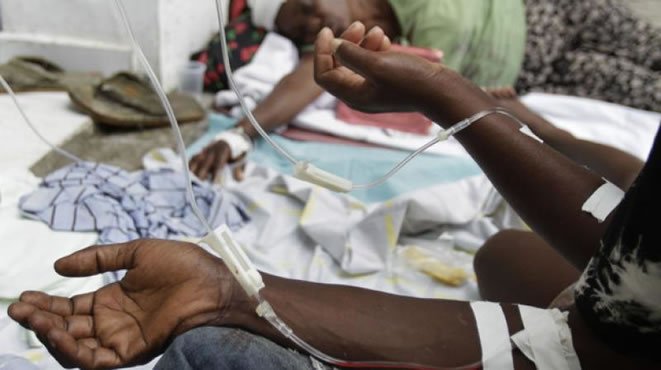A cholera outbreak in Lagos has claimed over 30 lives since January 2024, sparking widespread concern and significant social media reactions among Nigerians.
The Nigerian Centre for Disease Control (NCDC) has responded by issuing a public health advisory, as hospitals in the affected areas struggle to accommodate the influx of patients.

The outbreak, which began in the Local Government Areas (LGAs) of Eti Osa, Lagos Island, Ikorodu, and Kosofe, has rapidly escalated, overwhelming medical facilities and creating a sense of panic among residents with hospital bed spaces quickly filling up.

Social media platforms have become a hotbed of discussion and concern, with many Nigerians expressing their fears and frustrations. Comments and posts range from calls for better sanitary conditions to demands for more robust Government intervention.
In response to the outbreak, the NCDC has issued a comprehensive public health advisory, urging Lagos residents to take precautionary measures. The advisory emphasises the importance of drinking safe water, maintaining good hygiene, and seeking immediate medical attention if symptoms such as severe diarrhoea and vomiting occur.
The current cholera outbreak in Lagos underscores the ongoing challenges faced by urban centres in managing infectious diseases. As the situation develops, both the government and the public are called to remain vigilant and cooperative to prevent further loss of life and ensure the health and safety of all residents.
Below are reactions from Nigerians on social media blogging site X (popularly called Twitter):






This recent outbreak in Lagos follows a similar health crisis in Kenya just a month earlier. In May 2024, Eastern Kenya experienced a surge in cholera infections due to heavy rains and subsequent flooding.
The World Health Organization (WHO) reported 44 cases in Tana River County, with the region being the worst affected. The floods exacerbated the spread of the bacteria, contaminating water sources and overwhelming local health infrastructure.
The cholera outbreaks in both Nigeria and Kenya highlight a broader regional issue, where environmental factors and inadequate public health resources contribute to the spread of the disease.
Cholera is a bacterial disease usually spread through contaminated water. Cholera causes severe diarrhoea and dehydration. Left untreated, cholera can be fatal within hours, even in previously healthy people. Modern sewage and water treatment have virtually eliminated cholera in industrialised countries.









